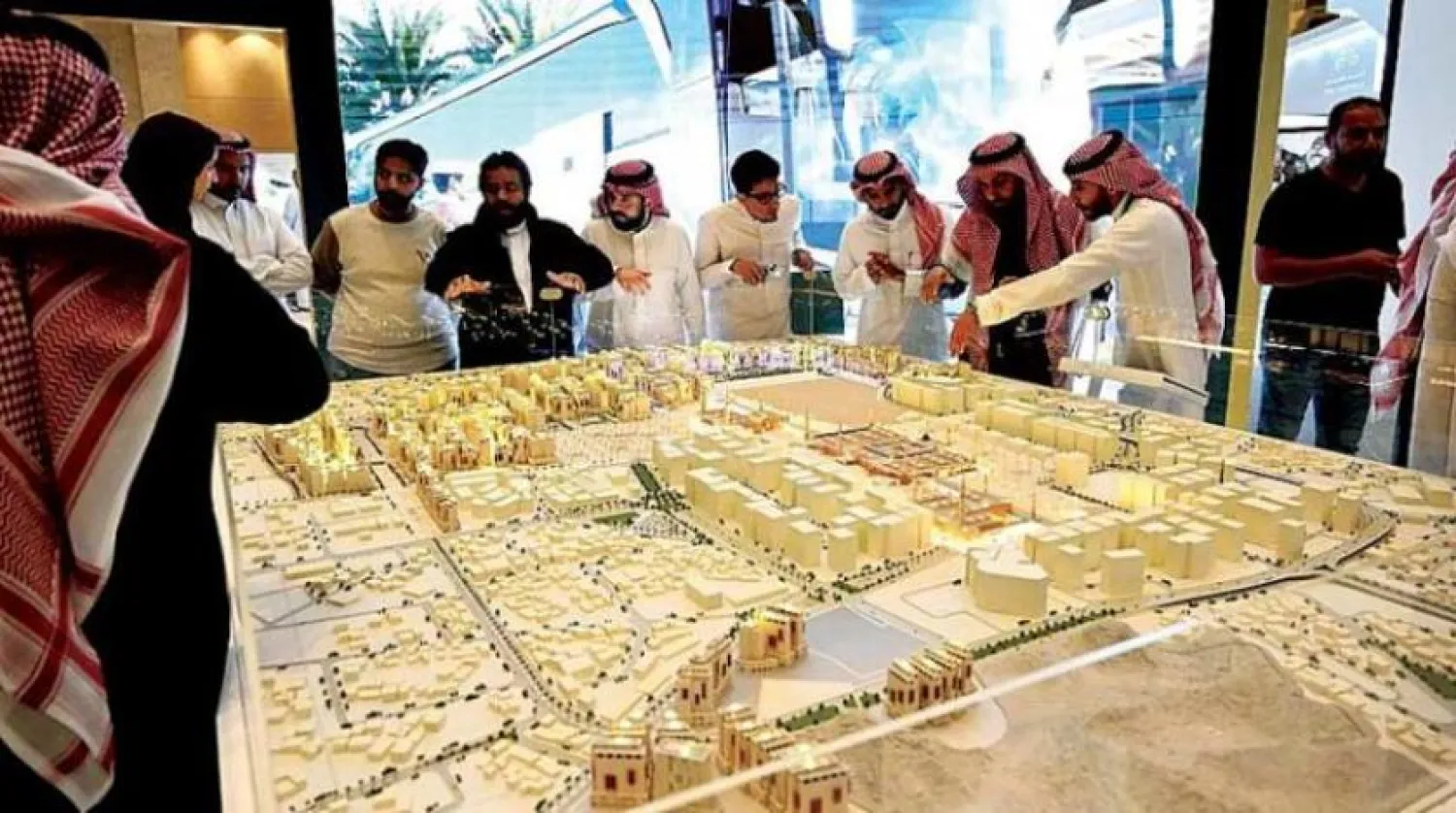Real estate sale transactions in the GCC over Jan-Oct 2022 reached $143.1 billion, eclipsing the full-year figure of 2021, which was $136.9 billion.
According to Kuwait-based KAMCO Investment Company, the total value of the region was nearly 21 percent higher year-on-year compared to the corresponding period from January to October 2021.
The higher transaction activity was driven by value transacted in Dubai that increased almost 81 percent year-on-year over the period, supported by solid demand and price gains witnessed by luxury residential properties and healthy revenues in the affordable segment.
The report, of which Asharq Al-Awsat obtained a copy, stated that the number of transactions in the GCC declined by six percent over Jan-Oct 2022 to 511,239 deals despite a jump of over 61 percent witnessed in Dubai, as other markets such as Saudi Arabia, Qatar, and Kuwait saw the lower activity as compared to the same period in 2021.
The average value per transaction achieved for markets such as Saudi Arabia (+35.5 percent) and Dubai (+12.2 percent) was significantly higher, pointing toward end-user solid demand and investment appetite.
"We reiterate that 2022 will be the new base year for the office real estate demand for both new and existing stock of office spaces. Separately, temperature-controlled spaces, chilled centers, and bonded warehouses continue to command premiums of at least 25 percent -30 percent at the top end of the industrial warehouse market," KAMCO says.
All real estate sub-segments in the GCC have performed better in 2022 than in 2021, with residential and quality industrial warehouses witnessing reasonable price and rental increases.
Office supply tailored towards newer sources of demand such as robotics, IT, and healthcare will continue to see faster take-up of such spaces.
The strong NOI (net operating income) performance across sub-segments combined with the twin risks of further interest rate hikes and a prolonged period of high rates could have pushed real estate assets in specific geographies into a late-stage expansion phase, says the report.
"Nevertheless, developers remain cautious of these trends and are expected to announce project launches likely to cater to a more normalized demand environment going forward."
Investor sentiment gained momentum in 2022 and resulted in opportunistic buying in select GCC markets and residential product types, similar to trends in 2021. As a result, prices rose across markets such as Dubai (+9 percent) and Jeddah (+20 percent) at the end of Q3-2022, as per JLL.
Developers continue to provide more flexible payment plans with lower down payments and post-completion plans to attract off-plan and first-time buyers, while catalysts and product demand differ across various GCC markets.
According to the report, Saudi residential sector demand would continue to be driven by Vision 2030's target of increasing home ownership to 70 percent by the end of the decade, and as of mid-2022, the Saudi Real Estate Refinance Company estimates home ownership to have reached above 60 percent.
However, rising interest rates resulted in lower offtake of mortgages, as the number of mortgages over Jan-Oct 2022 declined almost 17 percent.









